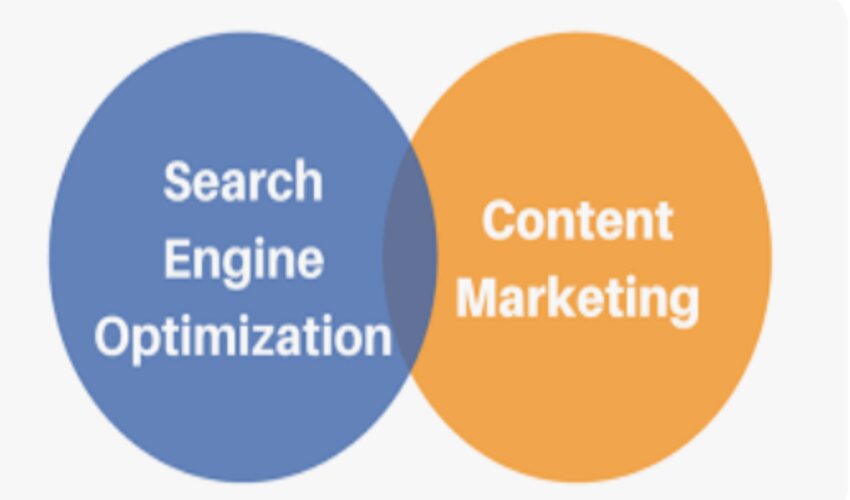In the digital age, a website’s visibility in search engine results is crucial for success. Effective keyword use is at the heart of search engine optimization (SEO), serving as the foundation for improving search engine positioning. This article explores how to leverage Effective keywords to enhance your SEO efforts and boost your website’s ranking in search engine results pages (SERPs).
Understanding Keywords in SEO
Keywords are words or phrases that describe the content on your page. In SEO, they are the terms that searchers use in search engines. The right keywords can act as a conduit to connect your target audience with your site.
Types of Keyword
To leverage keywords effectively, you must understand the different types:
- Primary Keywords: These are the main keywords that describe the core content of a page.
- Secondary Keywords: These support primary keywords and provide more detail.
- Long-tail Keywords: Longer and more specific, these keywords often have lower competition and higher conversion rates.
Keyword Research: The First Step
Effective keyword research is the cornerstone of successful SEO. Here’s how to conduct keyword research:
- Identify Your Goals: Understand what you want to achieve (e.g., increase sales, boost traffic).
- Think Like Your Audience: What terms would potential visitors use to find your services or products?
- Use Keyword Research Tools: Tools like Google Keyword Planner, Ahrefs, or SEMrush can provide insights into keyword metrics.
- Analyze the Competition: Look at the keywords your competitors are targeting and how they rank.
How Many Keywords Should You Use?
The answer to this question is not one size fits all, as depending on the length and topic of your content, the ideal number of keywords to use may vary. The use of around 1 to 2 primary keywords per 100 words of text is recommended as a general rule. Therefore, you should aim to include five to ten relevant keywords throughout the content of a 500 words blog post.
Tips on how to use Effective keywords efficiently
- To find relevant keywords that are compatible with your content and targeted audience, do keyword research.
- For more special and focused search queries, use longtail keyword.
- You can incorporate keywords into your content in a natural way, such as headings, subheadings and meta tags.
- Don’t use keyword stuffing or concentrate on creating quality, relevant content that will appeal to your audience.
- Make sure that your keywords are performing correctly, and make adjustments as necessary to enhance your search engine optimization strategy.
Crafting Keyword-Optimized Content
Once you have a list of effective keywords, the next step is to incorporate them into high-quality content. Here’s how to proceed:
- Keyword Placement: Ensure keywords appear in critical parts of your page, including the title, headers, meta descriptions, and throughout the content.
- Content Quality: Write content that adds value. Google prioritizes content that is relevant and engaging.
- Use Synonyms and Related Phrases: This avoids stuffing and makes your content more readable and appealing.
Keyword Optimization Strategies
To make the most of your keywords, consider the following strategies:
- Page Specificity: Assign specific keywords to each page based on its content.
- Update Content Regularly: Updating old content with new keywords can boost its relevance and rankings.
- Optimize for Voice Search: With the rise of voice search, optimize for conversational phrases and questions.
- Local SEO Keywords: If you’re a local business, include local search terms to attract nearby customers.
Advanced Keyword Tactics
Beyond basic usage, here are some advanced tactics:
- LSI Keywords (Latent Semantic Indexing): These are semantically related to your primary keywords and help search engines understand your content better.
- Content Clusters: Create clusters of related content around a central theme, linking back to a main ‘pillar’ page.
- Keyword Difficulty and Intent: Focus on keywords with a reasonable balance of low and high search intent.
Monitoring and Adjusting Keywords
Keywords are not set in stone. Monitoring their performance and adapting your strategy is essential:
- Use Analytics Tools: Tools like Google Analytics help track how keywords perform in driving traffic.
- A/B Testing: Experiment with different keywords to see which ones yield better results.
- Stay Updated: SEO trends change. Regularly update your knowledge and strategies to keep up.
Conclusion
Keywords are a pivotal element in the SEO puzzle. Businesses can significantly enhance their online visibility and search engine positioning by understanding how to research, optimize, and monitor keywords effectively. Remember, SEO is a marathon, not a sprint. Consistent effort and adjustments based on performance analytics will lead to success.
By following these detailed steps, you’ll be well on your way to crafting a keyword strategy that improves your search engine positioning and enhances the overall user experience on your website.

















Leave a Reply